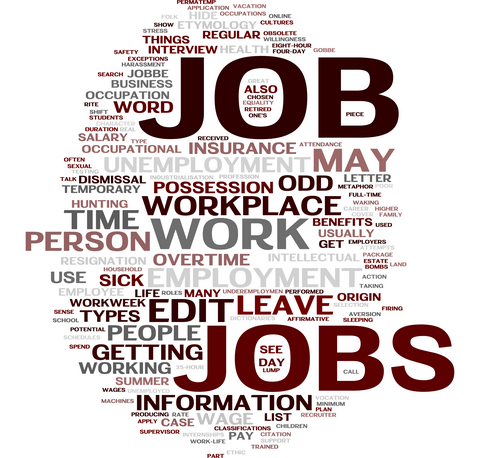Successful job applicants are able to recognize, the often ambiguous, meaning of a stated job interview question.
This simple, but important interview rule is often overlooked. An unprepared interviewee, often feeling anxious, will answer the job interview questions without discovering the meaning of the question.
In this sense, even a well-delivered interview answer can be marked low on the interview scorecard because the answer doesn’t reference any of the essential criteria relating to the job role.
Employers use the ambiguous interview questions and scoring process as a tool to check the applicant’s knowledge and experience – their competencies. An experienced employee will answer sector related questions naturally hitting the scored criteria. This is a prediction of the candidate’s potential job performance
“Answering interview questions with natural references to the job criteria is a sure sign the interviewee is likely to perform well once employed”
Chris Delaney – Author and Interview Coach
To help job seekers to prepare for the job interview, we have created a list of commonly asked interview questions and there hidden meanings
The interviewer by asking all applicants this interview question is creating competition – who is the best fit or who can offer more? This may seem manipulative, but it isn’t its human nature. We all want to get the most for our money – when reviewing car insurance offers from two providers, if the price is the same, most people will pick the provider that also offers something additional for free.
Interviewees, to pass a job interview, need to identify the difference between a competency-based job interview question and an informal one, as well as recognising the hidden meaning of the interview question.
Job Interview Questions Meanings
Why have you applied for a position at this company? Interview Question
What is really being asked here is what do you know about the organisations vision, mission and values. By hiring an applicant who resonates with the company the employee is more likely to want to stay with the organisation for a longer duration.
With many career professionals job-hopping between organisations once every 3 years, businesses have realised the cost-saving advantage of recruiting employees who, due to shared values, will want to stay within the organisation.
Staff retention equals increased performance, increased performance equals higher profits
Tell me about yourself? Interview Question
This commonly asked interview question is one way of saying – can you meet the job criteria? Employers want to know if applicants have what it takes?
Each employer has a list of essential criteria that each interview applicant is scored against. The candidates with the highest-scoring interview scorecard are offered the position. This initial interview question, which is asked prior to the specific competency-based interview questions, is looking for an overview of the interviewees, attitude, work ethic and experiences.
Depending on the answer, an interview identity is created; if the identity is negative, the interviewer is likely to score the proceeding interview answers low, or high if the identity created is positive – the halo effect
What can you bring to the team? Interview Question
Organisations need an edge on their competitors. This question is nicely asking – how can hiring you benefit us? Employers want to know what applicant’s talents are, what skill sets they possess, and what their unique selling point is, so they can exploit this (positively) in the workplace.
The interview process is designed to predict an applicants job performance once employed. The barrier employers face is that most interviewees give a ‘best situation’ answer rather than business as normal. As an example if asked ‘give an example of working within a team’ the applicant will use the example of when they excelled, even if there normal teamwork practice is to sit back and do nothing.
The ‘what can you bring to the team’ question results in an employer knowing how you would act at your very best. The applicants best is compared to the expected workplace standard.
What are you most proud of in your career? Interview Question
By asking what an interviewee is most proud of the employer will hear about the applicant’s best career-related experience – this is the candidates key achievement. If the ‘best achievment’ answer is below par based on the employer’s standards, then it is unlikely that the applicant will have the right aptitude for the new role.
This question is also used by employers who look at personal values (and how they match, or don’t, the company values)
Applicants who answer with a dismissive answer will be seen as unpassionate. Employers more than ever are looking for employees who, at the minimum have an interest in the sector, but ideally those career professionals who desire to work for the organisation.

Job Interview Advice

















